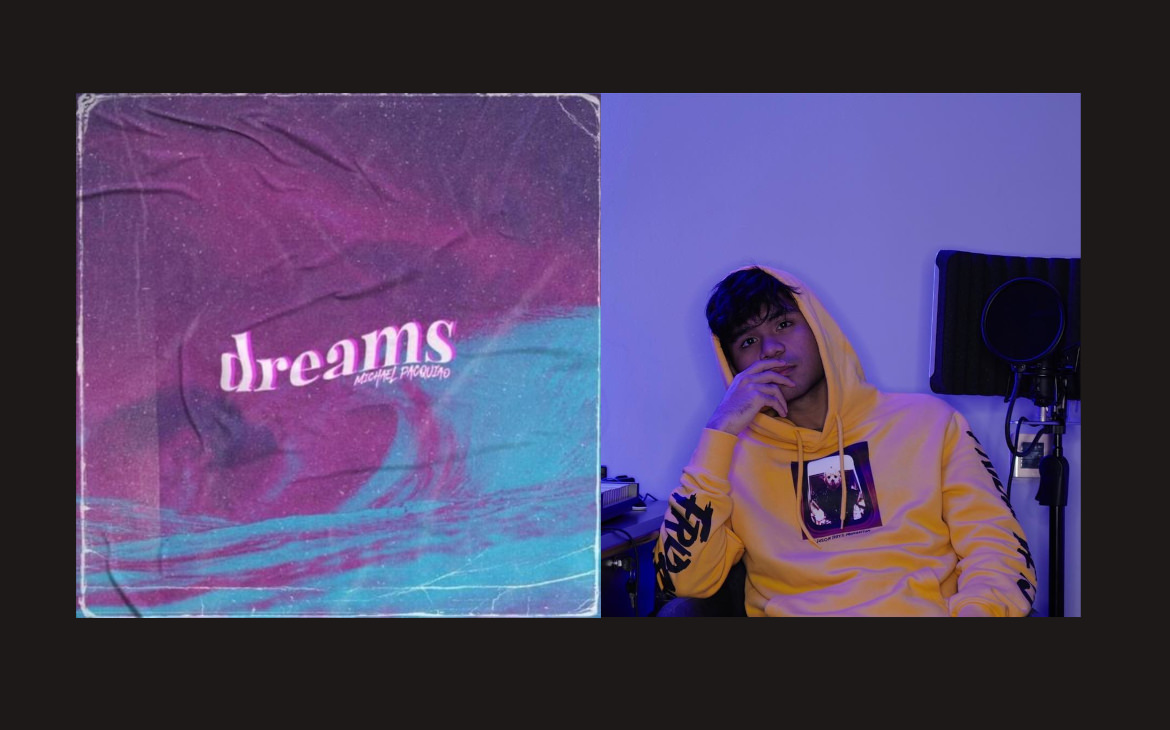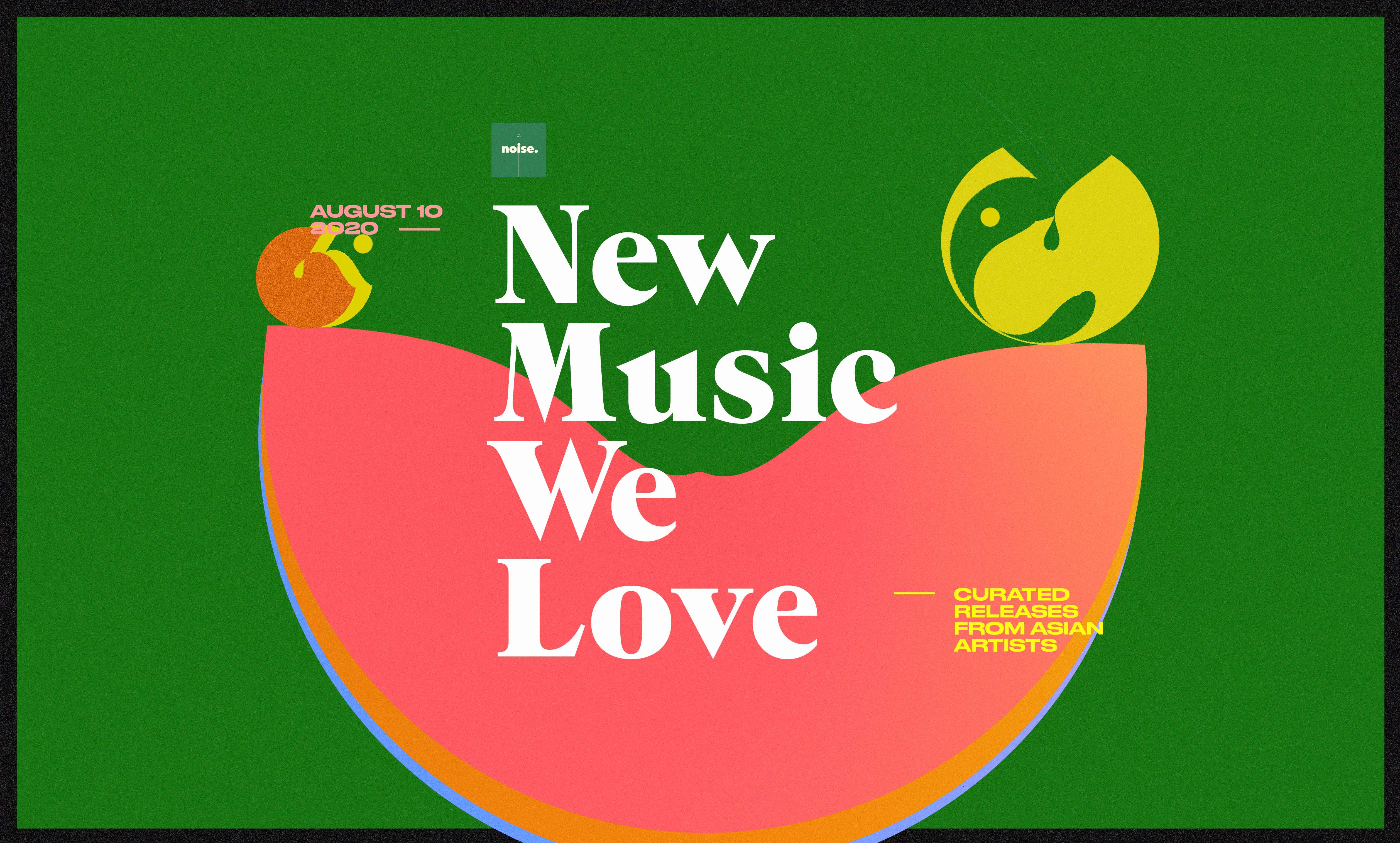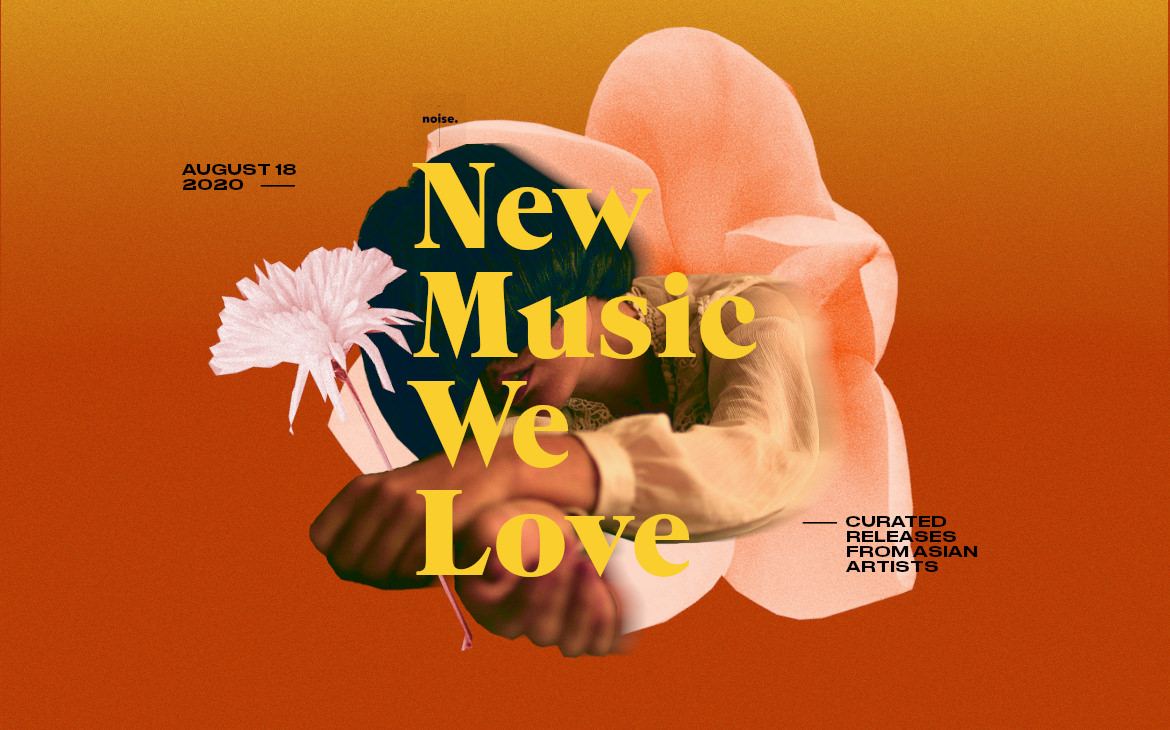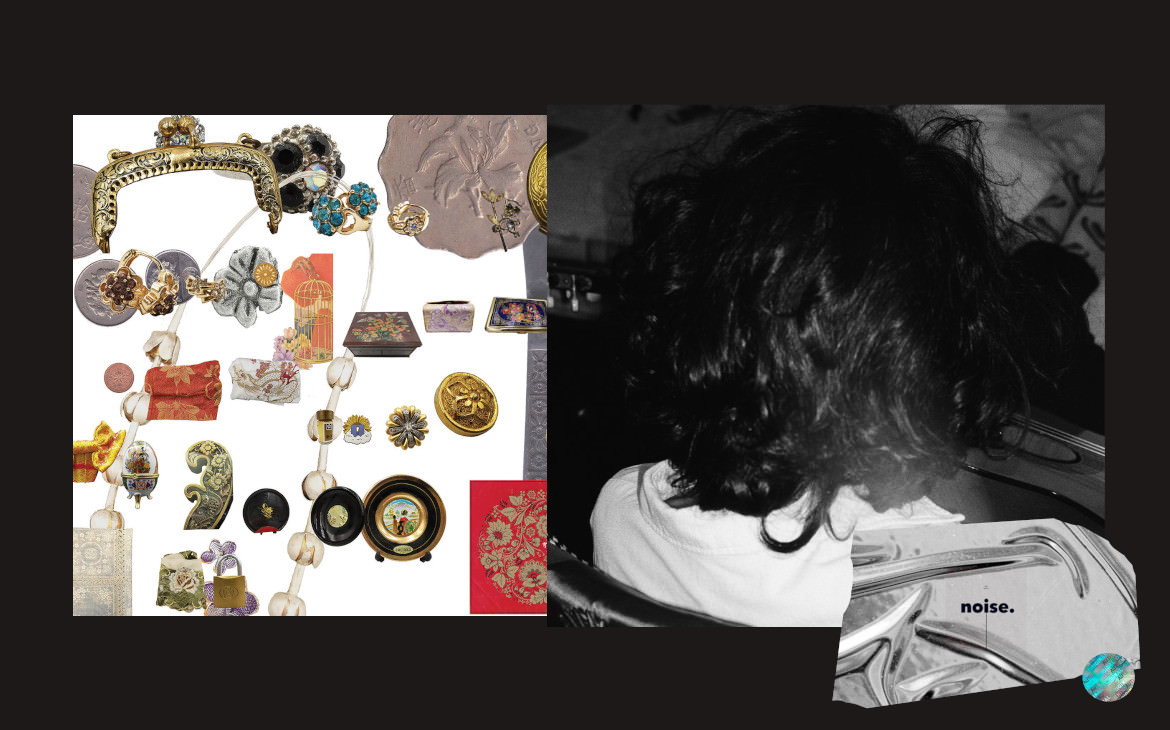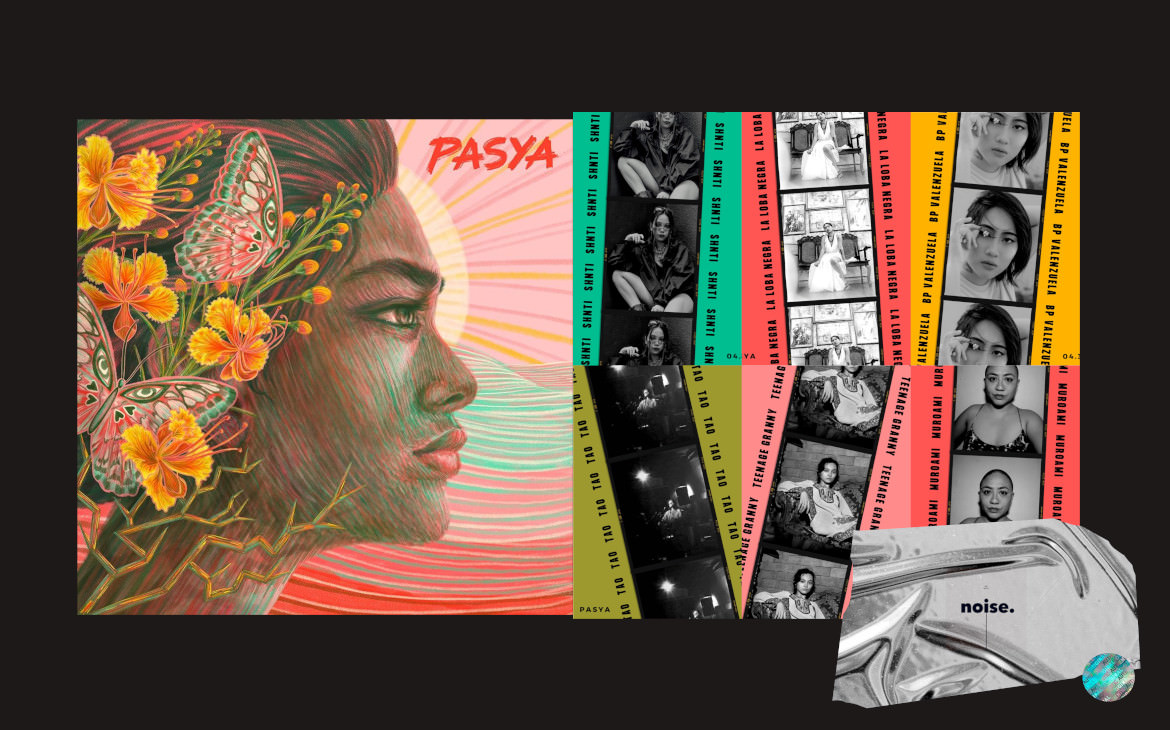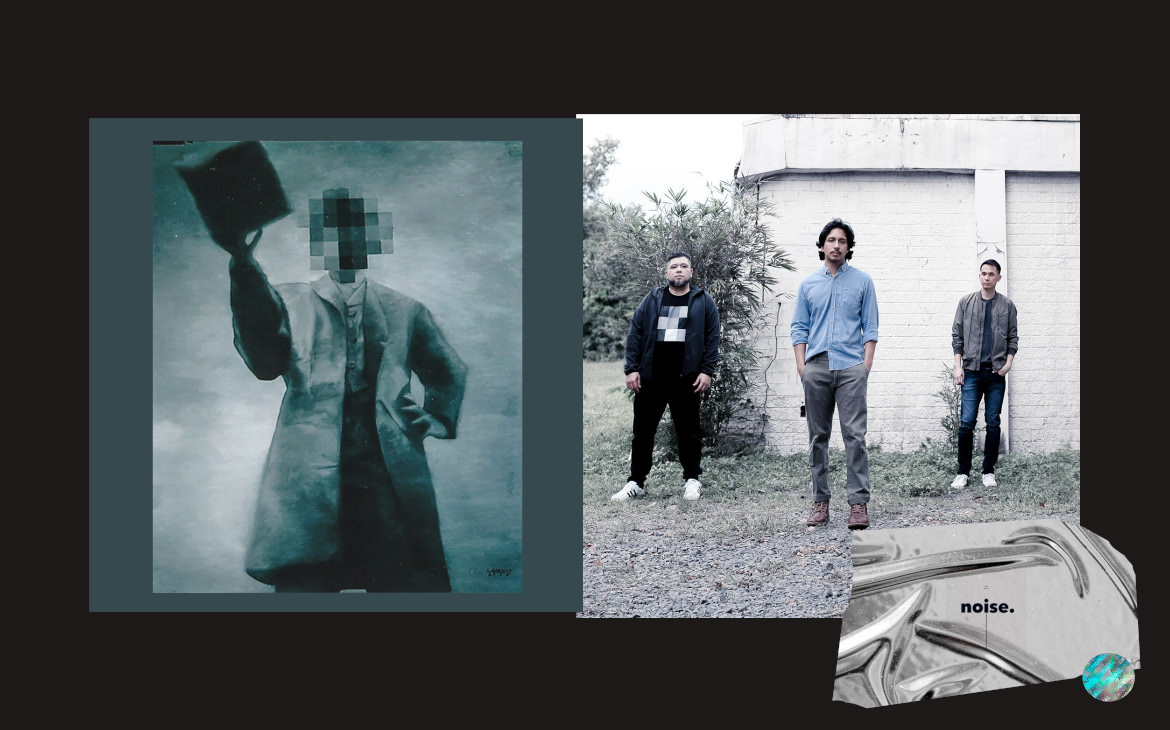By MC Galang
Rappers are generally not known for meandering storytelling—intent is crucial. Hip-hop’s greatest storytellers encompass the entire spectrum of the human condition, a foundational intent to reveal one’s self in order to be seen.
This is why intent is critical to form and nurture one’s identity: what can be sometimes mistaken for ego could be an assertion of individualism, a legitimization of intent; though sometimes, it’s just that: ego. Often, it can also be its currency. Any perceived threat to it must either be squashed, or at the very least should warrant a confrontation to regain control, to defend one’s place.
Michael Pacquiao’s latest single, “Hate,” is thematically common: a public notice of indifference towards his “bashers,” or so in theory. In an interview, the son of boxer and Philippine senator Manny Pacquiao said he chose to perform the song (viewed nearly 7 million times as of this writing) “to let everyone know that nothing can stop me.” That may be true, if we look at the press (this review included) “Hate” is getting. He goes on to say, “It’s pretty cool having bashers… I don’t really care. If they don’t like it, then they don’t like it. The good thing is… at least you listened to it.” Ultimately, he succeeded in realizing his intent.
The young Pacquiao attempts to contend the principles of meritocracy (“You just set me on my name”) through what is culturally, to this country, the lowest-hanging fruit there is: music. He wields hip-hop’s valuation of material wealth (“They be begging for some chips” and the confusing “Got these chains up on my face”—did he mean neck?) lacklusterly, and in a feeble effort to make it just a bit more menacing, he used highly specific foreign vernacular (“Poppin’ on people when shooting the dime/Making the heat when they come on alive”) that means next to nothing to the supposed haters he’s addressing. It is neither aspirational or inspirational, just an ill-borrowed sentiment. If “cool bars” are the barometer of what makes a good hip-hop song (they’re most definitely not), then I would argue forcefully that these three minutes of anemic lyricism in what could have been his shot at showing promise or establishing his own credibility are lightweight at best.
His impulse to carve out his own path is not unique to him and it is humanly understandable to bargain to be known and understood as he is, to be seen as he is. But “Hate” does not operate in the same way that songs about testifying to your truth against non-believers do because Michael Pacquiao’s song, from as much as I can extricate from it, was not founded on the premise that he was gonna overcome whatever hate he’s already or bound to receive. Because the reality is, he already possesses the things he raps about, not just the tangible ones. Hate, in this case, is immaterial and soluble because hate stems from conflict. If Michael Pacquiao’s narrative was that he was being hated for his surname (and all the privilege it affords him), and yet the song is essentially about “nothing” can stop him, was it really hate he’s rapping about? What gives hate any weight when you’ve already won?
Stream Hate

